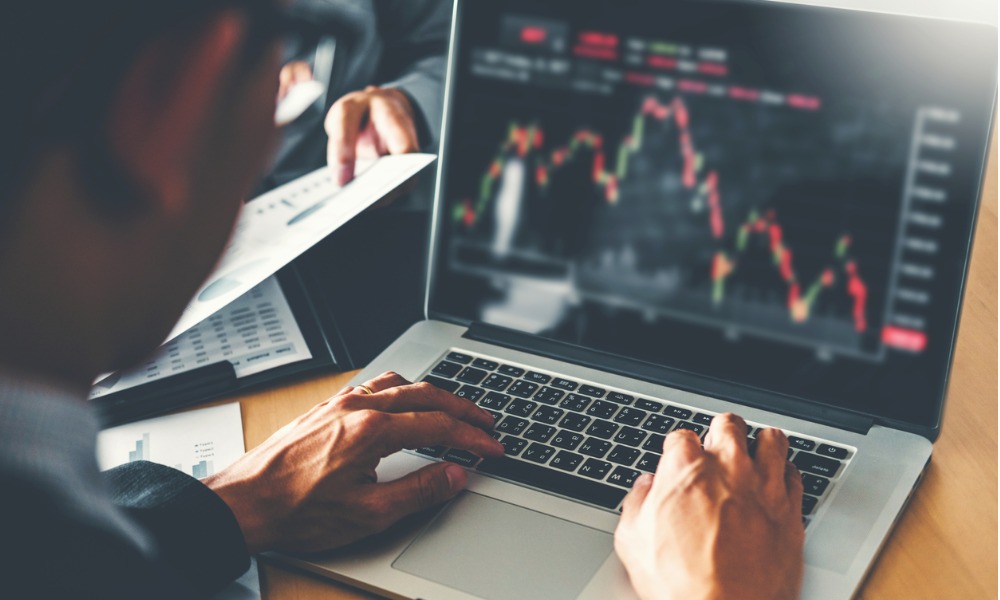Investors questioning official figures' reliability are using alternative indicators to gauge virus trajectory and impact

Many investors might be tempted to write off the ongoing concerns on the Wuhan coronavirus as a temporary scare that, like shocks from the drone strike on Saudi’s oil infrastructure last year or tensions following a U.S. missile attack launched against Iran, will naturally blow over.
But as the virus continues to make itself felt across sectors — Apple said it expected to fall short of its revenue guidance for the March quarter — some are going beyond official reports and figures as they consider their next moves.
“The best indicators are … from the physical world,” Nathaniel Polachek, a hedge fund manager at New York-based Commodity Asset Management, recently told Reuters.
According to the news outlet, Polachek has kept tabs on a vessel carrying roughly 750 tons of lead concentrate, which he had purchased in Greece to sell in mainland China. The ship had been idling off the coast for weeks as delays from factory closures and movement restrictions ripple across supply chains in the country.
News that the ship has been cleared to dock in Weihai, along with increased air pollution levels within key Chinese manufacturing hubs, is a welcome sign of business activity picking up, according to Polachek. “I want to see how long it takes for materials to get off the boat, how long it takes for me to get paid for them,” he said.
“[Investors] don’t believe the stuff they’ve been hearing from the Chinese government,” said Leland Miller, head of China Beige Book International. The firm gauges business conditions in the country through regular surveys of thousands of Chinese firms.
Some critics have accused China of not being transparent enough about how it handled the outbreak initially. The latest data from the country suggests a slowdown in new cases, but the growing number of companies warning of a possible hit from the virus is adding to the unease felt by asset owners and managers. Among those are Miller’s clients, which include hedge funds and pension funds with up to US$100 billion in AUM.
“Everyone realizes that they are not pricing in much risk,” he said. According to Reuters, the next Beige Book survey will ask respondents new questions about the effects of the country’s outbreak-induced lockdown.
Kevin Smith of Denver-based Crescat Capital increased his bets against Chinese stocks after a Chinese client sent him an email warning of “paralyzing and tragic scenes” in Hubei, which is ground zero for the outbreak. “It’s not really possible for us to be any more bearish on China,” Smith said, whose firm views the outbreak as “a catalyst for a downturn.”
Some follow more unorthodox approaches, including John Lekas, CEO and senior portfolio manager at Portland, Oregon-based Leader Capital. Aside from monitoring crematorium activity as a proxy indicator of deaths, he is studying data from the Johns Hopkins Center for Health Security to detect when reports of new cases will equal those of recoveries — he estimates that it will occur in March — at which point he believes the outbreak will have peaked.
“We are fixed income (investors) and nervous by nature,” said Lekas, whose US$450-million fund has been buying Treasuries. “The uncertainty makes us nervous.”



